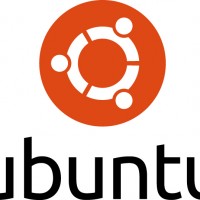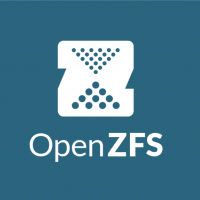Month: October 2012
-

Ubuntu: Securing your remote SSH logins with Denyhosts
Being able to log in to your server remotely via SSH is an incredibly powerful way of remotely managing your system. With so many devices now able to support consoles (just about any current smartphone or current OS, really) you can check on things, update or make changes from just about anywhere. One of…
-

ZFS: Adding an SSD as a cache drive
ZFS uses any free RAM to cache accessed files, speeding up access times; this cache is called the ARC. RAM is read at gigabytes per second, so it is an extremely fast cache. It is possible to add a secondary cache – the L2ARC (level 2 ARC) in the form of solid state drives. SSDs…
-
How to exclude results from grep
Sometimes you may wish to further filter grep output, such as in the following situation: # zfs get all | grep compressratio backup01 compressratio 1.23x – backup01 refcompressratio 1.00x – backup01/data compressratio 1.50x – backup01/data refcompressratio 1.50x – backup01/photos compressratio 1.05x – backup01/photos refcompressratio 1.05x – Here we only really want to see…
-

ZFS: How to check compression efficiency
If you have enabled compression on a ZFS folder you can check to see just how much disk space you’re saving. Use the following command: sudo zfs get all [poolname]/[folder] | grep compressratio An example: sudo zfs get all backup01/data | grep compressratio returns the following: backup01/data compressratio 1.50x …
-

Ubuntu: How to list drives by ID
If you’re creating a zpool on Ubuntu you have several options when it comes to referring to the drives; the most common is /dev/sda, /dev/sdb and so on. This can cause problems with zpools as the letter designated to a drive can change if you move the drives around, add or remove a drive –…
-

ZFS basics: Installing ZFS on Ubuntu
For those who don’t want to use Solaris or FreeBSD as their ZFS platform Ubuntu now seems a valid option; installation is now relatively straightforward. Please note, though, that you should be running a 64-bit system – ZFS on Ubuntu is not stable on a 32-bit system. Open up a terminal and enter the following:…
-
Get yourself a UPS…
We had a lightning storm rcently; this was the view from our perspective: We also got a call about a customer’s computer that was no longer working, along with most of the connected peripherals. This wasn’t a coincidence… An uninterruptible power supply is a device which stores electricity in batteries and, when…
-
Reminder: Check your backups!
Just a quick reminder today – remember to check that your backups still work, particularly those that are full and likely haven’t been added to for some time. It wouldn’t be a lot of fun having your main drive die and only then finding out that your backup drive kicked the bucket 6 months previous…
-
Checking SSD health with ESXi 5.1
A new feature with ESXi 5.1 is the ability to check SSD health from the command line. Once you have SSH’d into the ESXi box, you can check the drive health with the following command: esxcli storage core device smart get -d [drive] …where [drive] takes the format of: t10.ATA?????????. You can find…